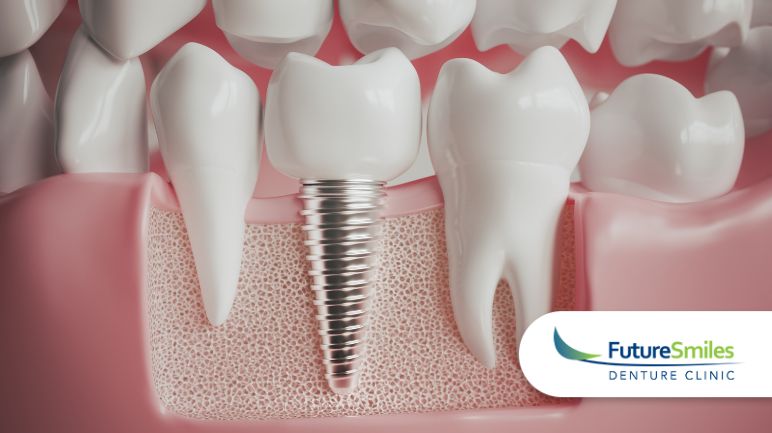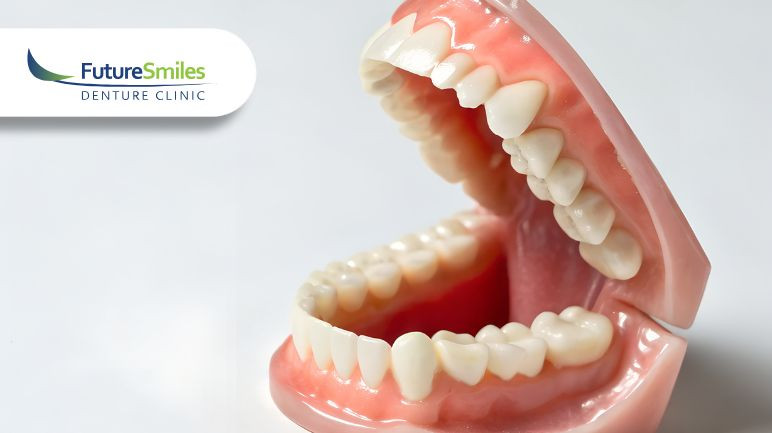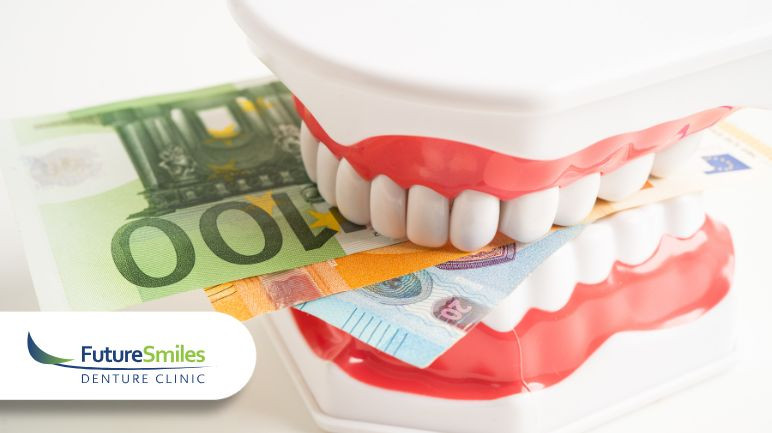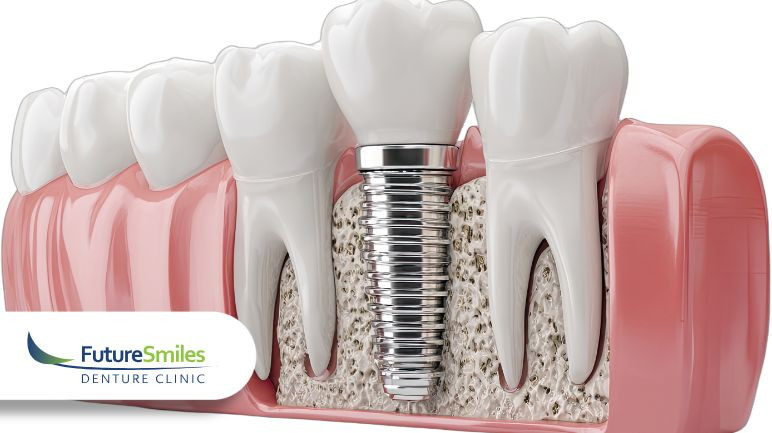The dental implant industry stands at the brink of a technological revolution, promising a future where dental procedures are not just about restoring function but also about ensuring longevity, aesthetics, and, most importantly, health. At Future Smiles Denture Clinic, we're excited about the horizon of possibilities for our patients and the dental community. As we look forward, the role of innovations like antibacterial coatings, robot-assisted implantation, and nanodentistry cannot be overstated in their potential to redefine dental care.
Antibacterial Coatings: A Leap Towards Healthier Futures
One of the most significant advancements in dental implant technology is the development of antibacterial coatings. These innovative coatings are designed to prevent bacterial colonization on the implant surface, a common cause of peri-implant diseases and implant failure. The application of these coatings represents a significant leap forward in dental implantology, offering a dual promise of enhanced osseointegration and a reduced risk of infection.
The mechanism behind these coatings is fascinating. By creating a hostile environment for bacteria, these coatings inhibit the growth and aggregation of harmful microorganisms around the implant site. This not only ensures the longevity of the implant by preventing infections but also contributes to the overall oral health of the patient. Patients can enjoy peace of mind knowing their implants are protected against the invisible threats that could compromise their oral health.
The Dawn of Robot-Assisted Implantation
The integration of robotics into dental implantology is another frontier pushing the boundaries of precision and success in dental surgeries. Robot-assisted implantation offers unparalleled accuracy in implant placement, significantly reducing the margin of error compared to conventional methods. This precision is crucial, as it directly impacts the implant's stability, aesthetics, and function.
Robot-assisted procedures streamline the surgical process, making it less invasive and more efficient. For patients, this means shorter recovery times and fewer complications, making the prospect of dental implants less daunting and more appealing. As we move forward, the role of robotics in dentistry will only grow, further enhancing the safety and effectiveness of dental implants.
Nanodentistry: The Future is Tiny
Perhaps the most exciting development on the horizon is nanodentistry. This cutting-edge field involves the use of nanomaterials and nanotechnology to improve dental treatments and outcomes. In the context of dental implants, nanotechnology can be used to create surfaces that promote faster and stronger integration with the bone. Nanoparticles can also be engineered to deliver drugs directly to the implant site, further reducing the risk of infection and promoting healing.
The potential of nanodentistry extends beyond implant integration. Nanomaterials can be designed to mimic the natural properties of dental tissues, offering improvements in the aesthetics and feel of dental implants. This means future implants could not only function like natural teeth but look and feel like them too.
The future of dental implants is bright, with antibacterial coatings, robot-assisted implantation, and nanodentistry leading the charge toward a new era of dental care. These advancements promise to make dental implants safer, more effective, and more accessible to a broader range of patients.
At Future Smiles Denture Clinic, we're committed to staying at the forefront of these technological advancements. We believe that everyone deserves a smile they can be proud of, and we're excited about the role these innovations will play in making that a reality for more people. The future of dental implants is not just about enhancing smiles but about improving lives through better oral health.
As we look to the future, our commitment to our patients remains unwavering. We will continue to embrace and integrate the latest technologies and techniques into our practice, ensuring that our patients receive the best care possible. The future of dental implants is here, and it's filled with the promise of healthier, happier smiles for all.
Written on behalf of Future Smiles Denture Clinic.
FAQs
Q: Will these innovations make dental implants more expensive?
A: Initially, these technologies may carry a higher cost due to the advanced equipment and materials required. However, over time, as these innovations become more widespread and accessible, they could reduce overall treatment costs by improving the success rates and longevity of dental implants.
Q: Are antibacterial coatings safe for everyone?
A: Antibacterial coatings are designed to be biocompatible and safe for most patients. However, as with any medical treatment, individual allergies or specific health conditions should be discussed with a dental professional to ensure the best and safest approach to dental implantation.
Q: When can we expect these technologies to be widely available?
A: Some of these technologies, like antibacterial coatings, are already being implemented in dental practices, while others, such as robot-assisted implantation and nanodentistry, are in various stages of research and development. Availability will vary by region, but patients can expect to see more of these innovations in the coming years as they become approved and adopted by dental professionals.







